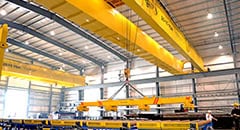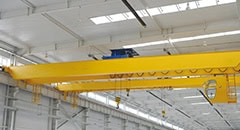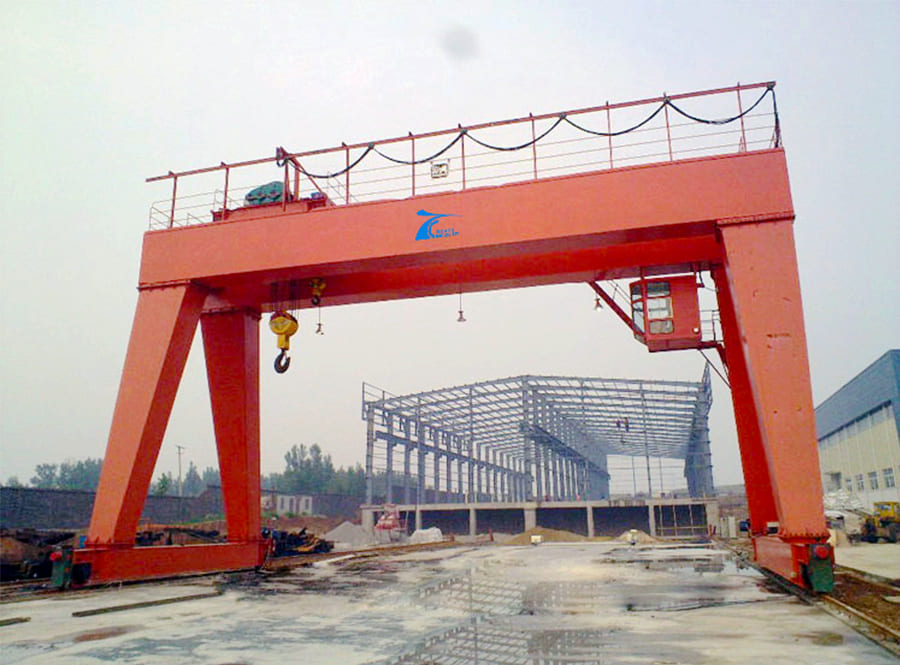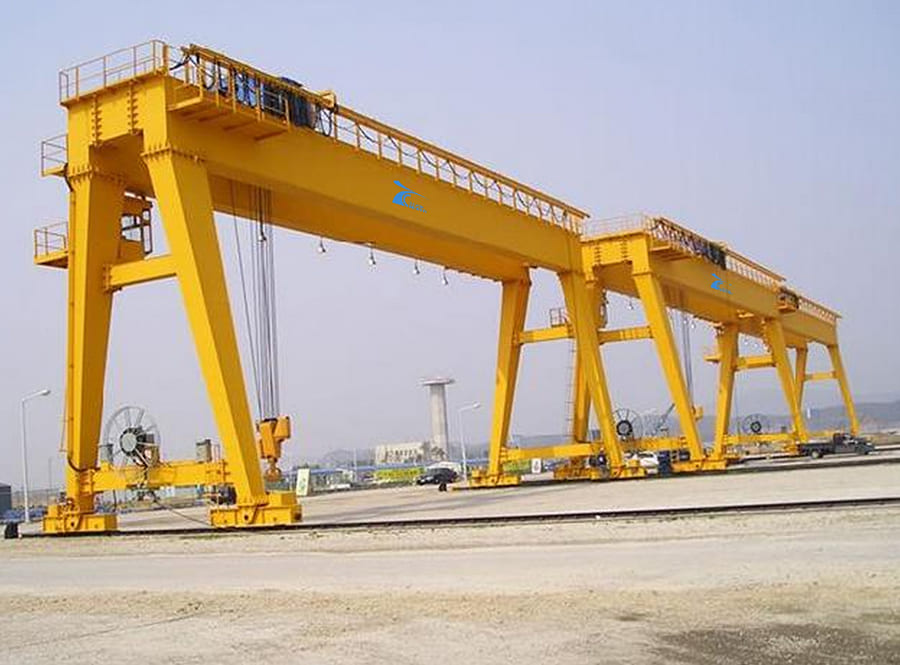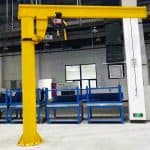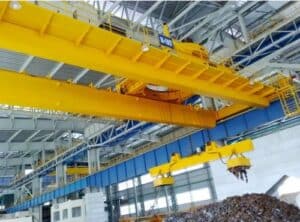The cantilever length and lifting height of large gantry cranes are important factors affecting their load-bearing capacity. Here are some major aspects of their impact on weight-bearing capacity:
Cantilever length: The cantilever length refers to the length of the longitudinal bridge or beam of the crane, that is, the horizontal distance from the end of the main beam to the lifting point. Longer cantilever lengths have an impact on load-bearing capacity. Typically, a longer jib length results in a lower load capacity of the crane. This is because an increase in jib length increases the crane’s overturning moment, making it easier to lose balance at larger jib lengths. Therefore, shorter boom lengths are usually chosen when greater load-bearing capacity is required.
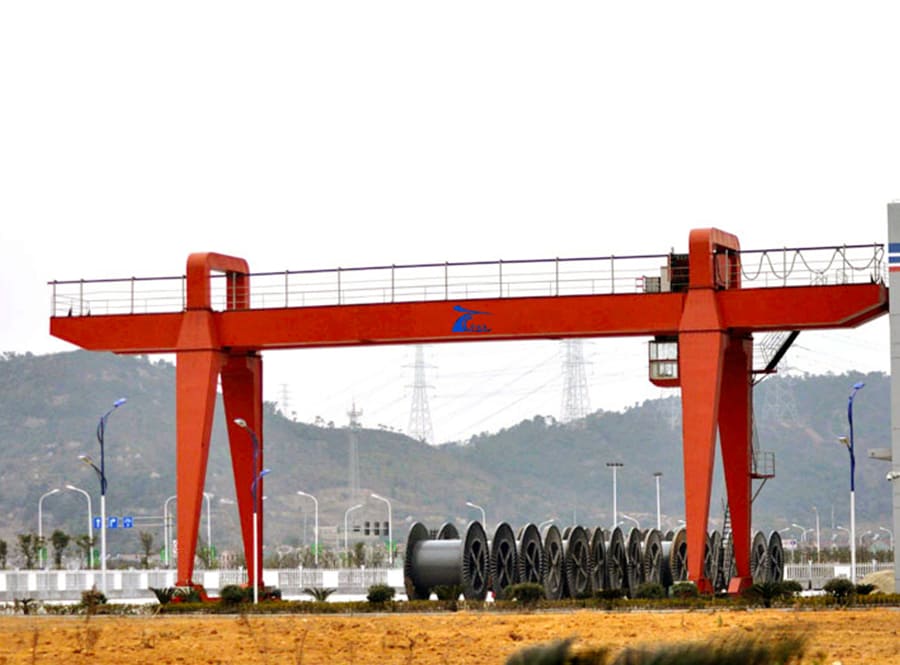
Lifting height: The lifting height refers to the vertical height of the lifting hook of the crane, that is, the highest height for lifting heavy objects. The lifting height also has an impact on the load-bearing capacity. Generally speaking, a larger lifting height will cause certain restrictions on the load-bearing capacity. This is because the increase of the lifting height will increase the lifting moment of the crane, which will exert more force on the structure and lifting mechanism of the crane, thereby reducing its load-bearing capacity.
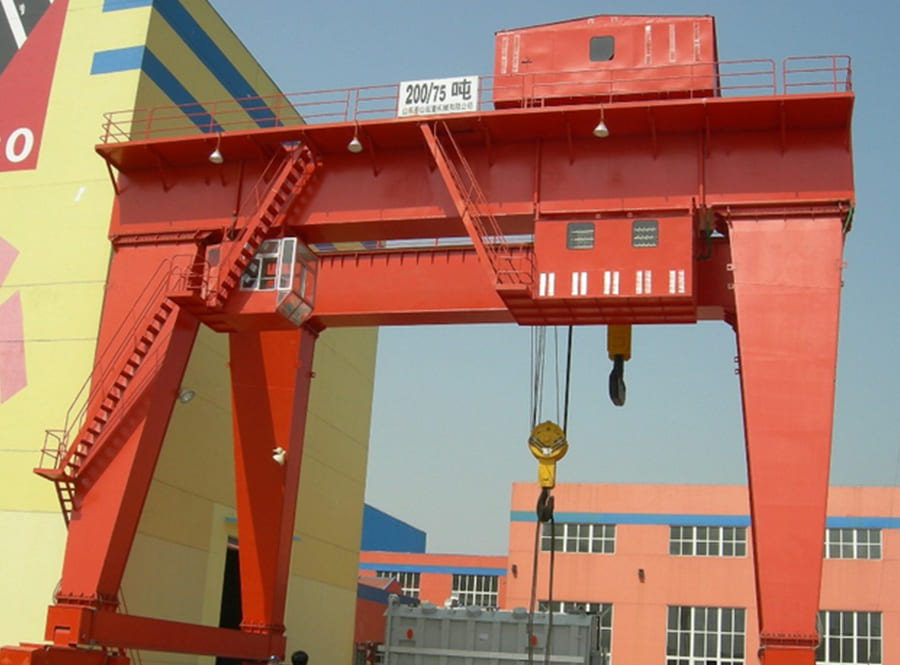
To sum up, the cantilever length and lifting height have a direct impact on the load-bearing capacity of large gantry cranes. Longer jib lengths and greater lift heights generally reduce the load capacity of the crane. Therefore, when choosing a large gantry crane, it is necessary to balance the length of the cantilever, lifting height and load-bearing capacity according to the specific lifting requirements, working site and conditions, so as to ensure that the crane can meet the requirements of practical applications.

